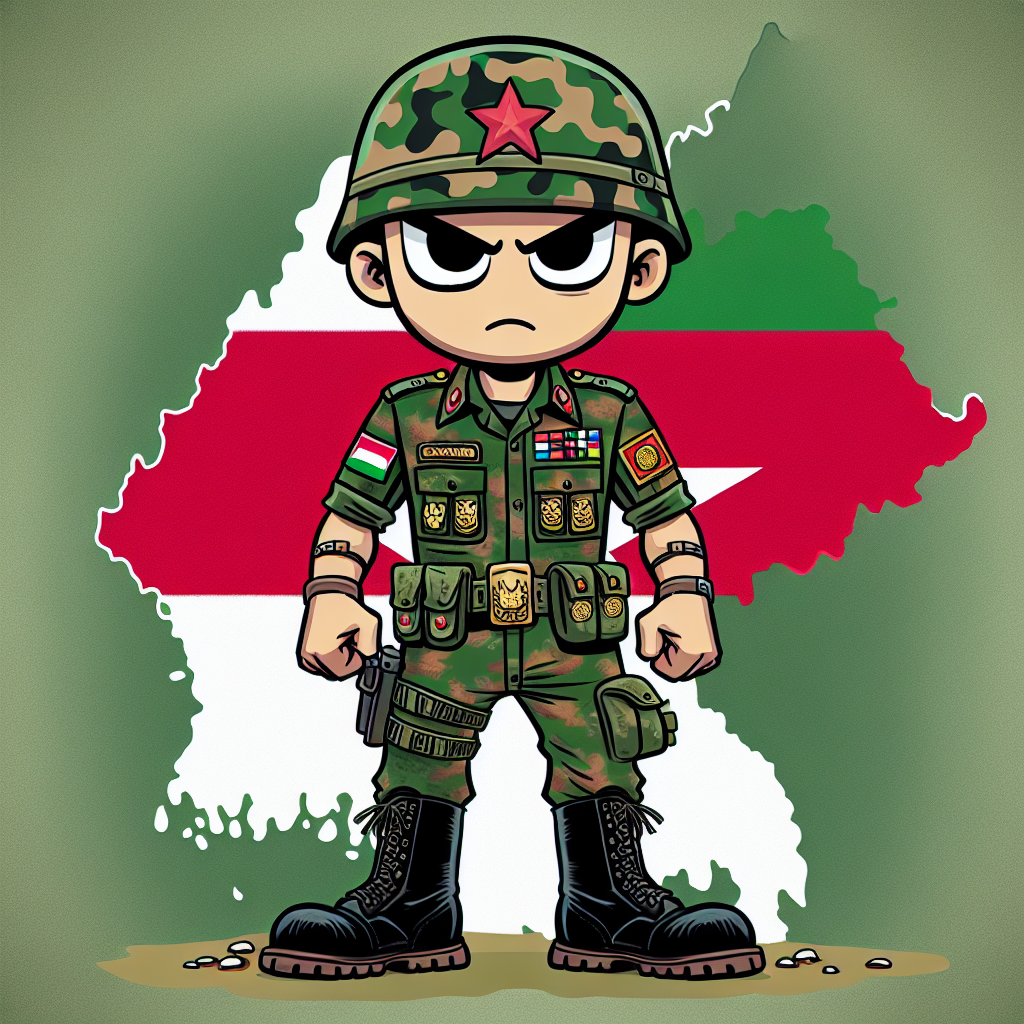Civil Strife Disrupts Myanmar's Economic Revival
Myanmar's economy struggles amid civil war disruptions. The World Bank reports only 1% growth as poverty rises and conflicts continue. The military faces resistance, leading to increased instability and economic downturn, with significant impacts on trade, currency value, and labor force as many flee the country.

- Country:
- Thailand
Myanmar, once a thriving emerging economy, is grappling to regain its footing as civil war heavily disrupts trade and livelihoods. World Bank economists reported a sluggish 1% annual growth for the year ending in March, far below expectations, with a similar outlook for the current fiscal year.
The report highlights a grim scenario with nearly a third of the population living in poverty and the economy shrinking by about 10% since the pandemic's onset. Despite a survey in April showing no uplift in economic activity, the conflict remains a significant barrier to recovery.
Pro-democracy guerrillas and ethnic minority forces continue to challenge the Myanmar military, which has experienced unprecedented battlefield defeats since the 2021 coup. As a result, the country faces ongoing conflict, trade disruptions, macroeconomic instability, regulatory uncertainty, and power outages, causing displacement and a significant drop in exports and a constrained business environment.
(This story has not been edited by Devdiscourse staff and is auto-generated from a syndicated feed.)
- READ MORE ON:
- Myanmar
- economy
- civil war
- World Bank
- growth
- poverty
- economic recovery
- trade disruptions
- conflict
- Kyat
ALSO READ
Tamil Nadu's GSDP Growth Shines Amid Welfare Expansion
Transformation Under Modi: India's Growth Story
CII Proposes Growth-Oriented Reforms for Union Budget 2026-27
Uttarakhand Launches Ambitious Aroma Revolution Policy for Economic Growth
Spain's Immigration Policy: Economic Growth Amid Political Tensions










